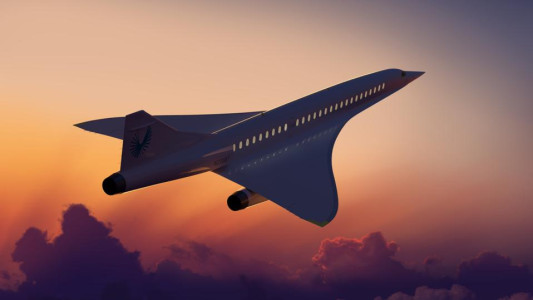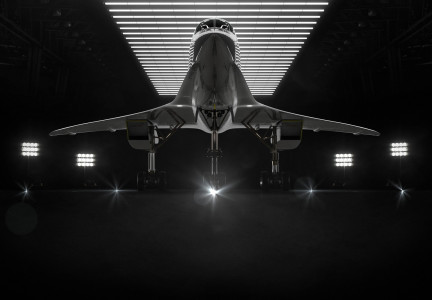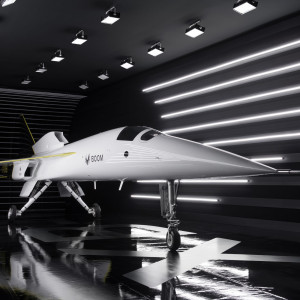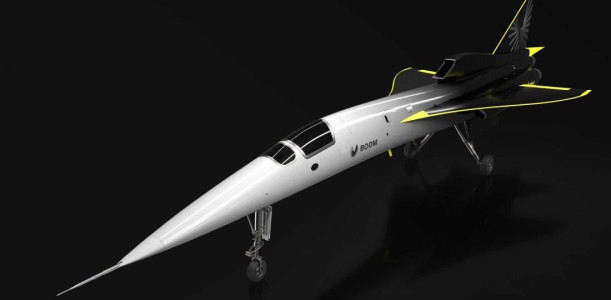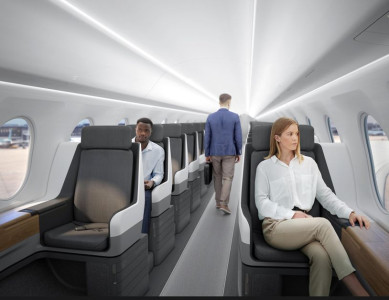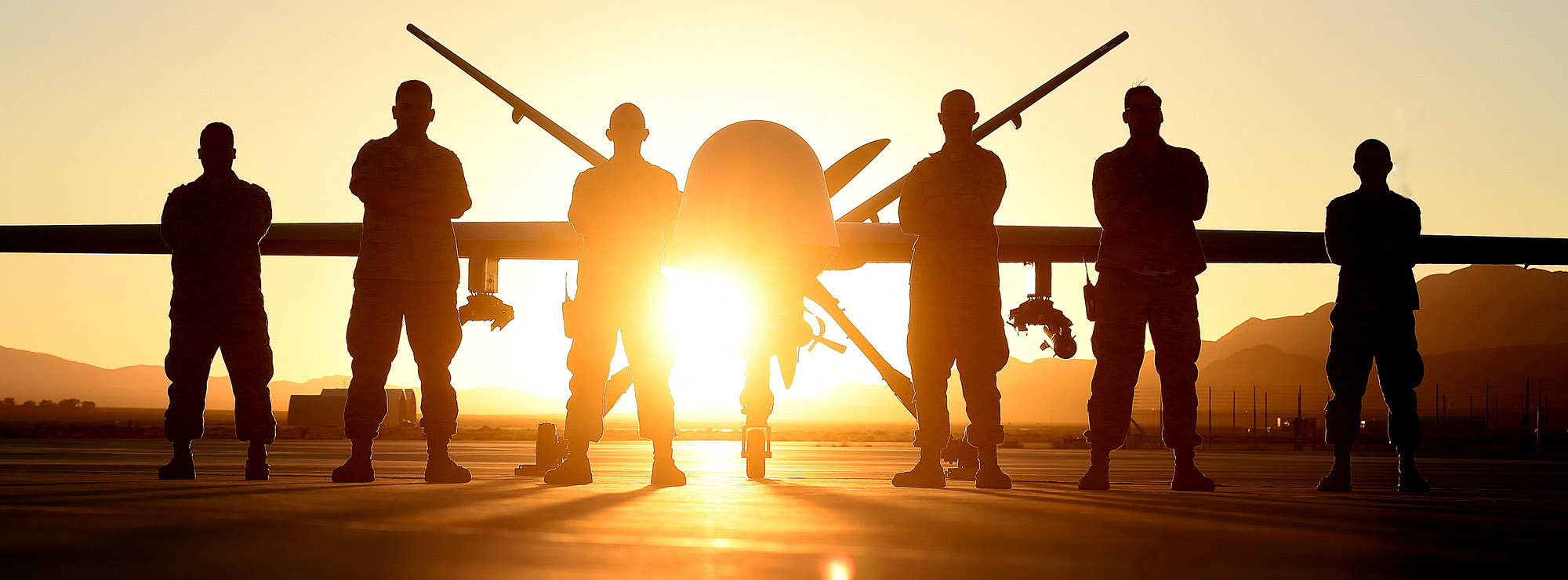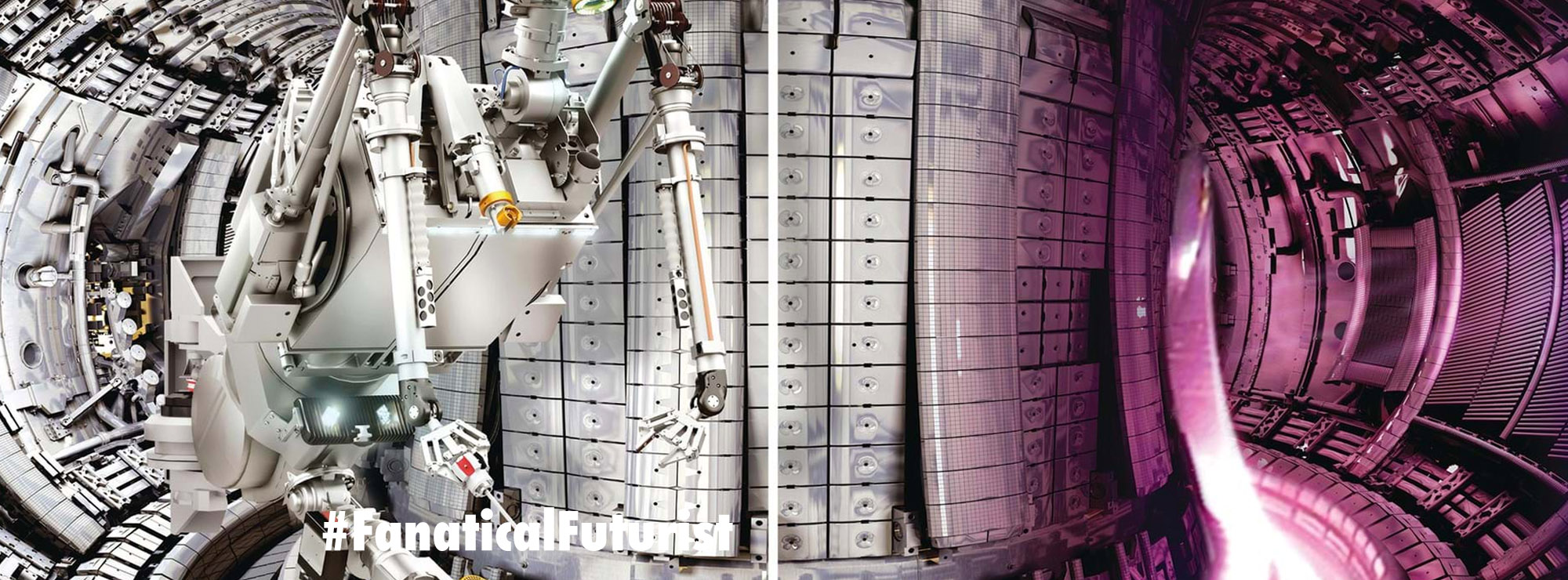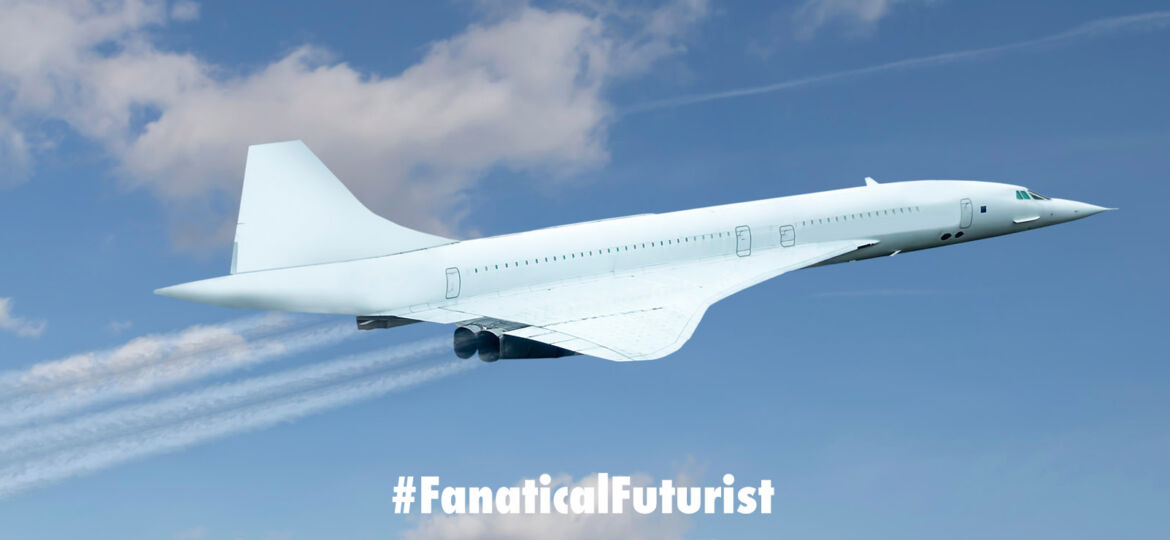
WHY THIS MATTERS IN BRIEF
We used to be able to travel supersonic, before the Concorde program was scrapped, but now those days are returning.
 Interested in the Exponential Future? Join our XPotential Community, future proof yourself with courses from our XPotential Academy, connect, watch a keynote, or browse my blog.
Interested in the Exponential Future? Join our XPotential Community, future proof yourself with courses from our XPotential Academy, connect, watch a keynote, or browse my blog.
The days of supersonic travel are almost here again and leading the charge isn’t Airbus or Boeing, but new entrants, like Lockheed Martin and NASA, and smaller startups including one Colorado based aviation firm that just rolled out a flyable prototype. Although, that said, Boeing do have an absolutely stunning hypersonic aircraft on the drawing board but that’s another story …
Boom Supersonic has been at the forefront for the relaunch of supersonic commercial flight with a design of its own, the Overture, a Concorde-like jet that’s slated for a 2025 debut. The $200 million plane could cut down travel times in half if successful and make the world a significantly smaller place.
The Concorde was known for three-hour transatlantic crossing between the East Coast and Europe, making it possible for travellers to have breakfast in New York and lunch in Paris, or breakfast in London and a second breakfast in Washington. But standing in the way between today’s planes and the next supersonic age is flight testing — thousands of hours of it.
Boom just took the wraps off of the prototype that will perform flight testing and prove its technology viable for wide-scale commercial flight. The single-pilot demonstrator known as the XB-1 will take to the skies starting next year and pave the way for the Overture.
Airlines have already shown an interest and desire to get back into supersonic travel as Virgin Atlantic and Japan Airlines are both investors in the company that has racked up 30 pre-orders. Even the US Air Force wants to get on board for a potential supersonic or even hypersonic Air Force One.

